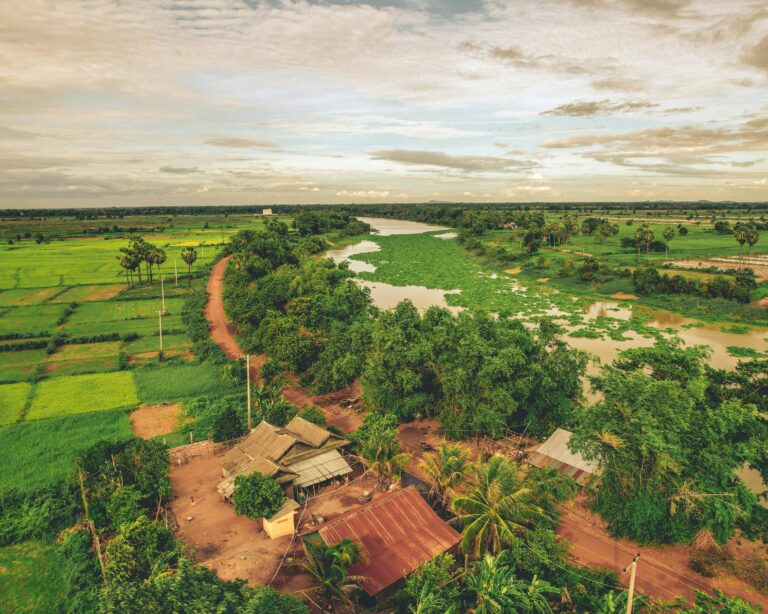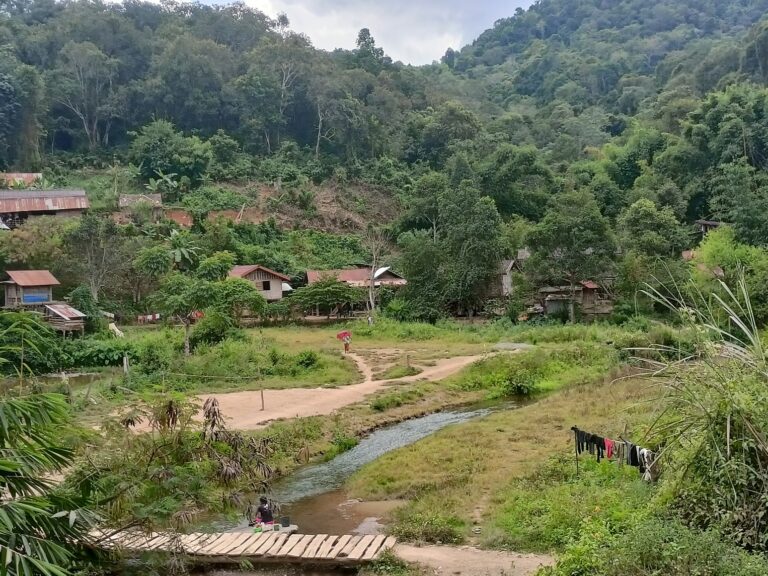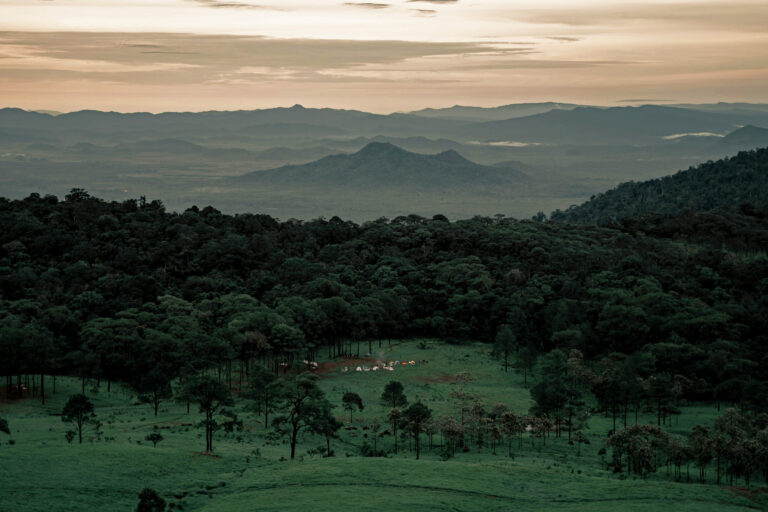Project Description
Fiji, while rich in natural and cultural assets, faced unique challenges due to its geographic isolation, environmental degradation, and high vulnerability to climate change. Tourism remained the country’s primary economic driver, contributing 34% of GDP in 2018, but also posed threats to the ecosystems it relied on through unsustainable practices and coastal development. The COVID-19 pandemic further strained livelihoods and economic growth. To address these interconnected risks, the World Bank, with support from the PROBLUE Multi-Donor Trust Fund, launched the Pacific Ocean Advisory Program. This initiative aimed to support Fiji’s transition to a sustainable, resilient Blue Economy, particularly in tourism and natural resource conservation.
Objectives, Activities, and Results
The assessment adopted a holistic ridge-to-reef approach to inform national efforts on ecosystem conservation, climate adaptation, and sustainable tourism. It included two main components: evaluating the conservation needs of Fiji’s natural resources and their socio-economic contributions, and identifying opportunities for greening tourism and reducing environmental impacts. The study produced actionable recommendations and knowledge products to support Fiji’s policy development, institutional frameworks, and investment planning. These outcomes guided the government in aligning environmental protection with economic development, and in designing market-based instruments and management tools to promote climate-resilient, sustainable growth.




